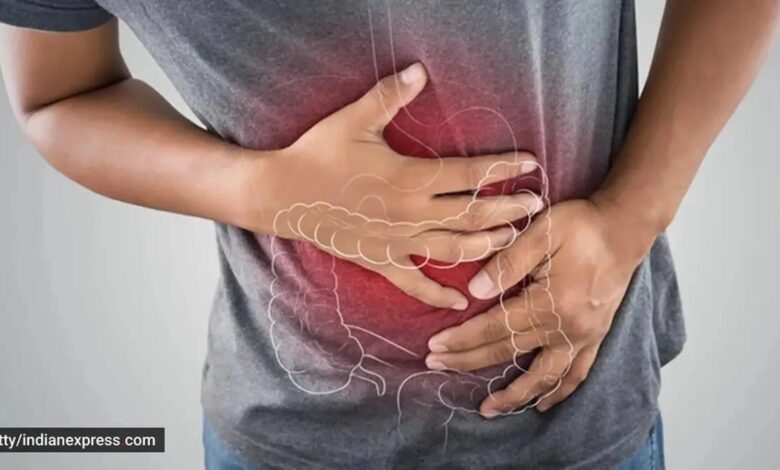Acidity? Don’t reach out for that antacid just yet

Do you pop in an antacid every time you get acidity? Wait. That’s because it’s essential to understand the root cause first. Let us explain.
Why acidity occurs?
Acidity can occur due to a combination of factors, including spicy and fatty foods, caffeine and alcohol, overeating, a sedentary lifestyle, obesity, smoking, and stress. “To address acidity-related issues, consider altering your lifestyle and establishing a healthier regimen,” said Dr Nandini Sarwate, chief nutritional advisor, Utopian Drinks.
Sleeping immediately after eating can also negatively impact health. It can lead to reflux of food in the stomach into the esophagus, resulting in problems like heartburn, indigestion, constipation, and gastroesophageal reflux disease (GERD).
Story continues below this ad
Should you take antacids?
Taking antacids for acidity can provide immediate relief, but it is essential to understand that this approach is merely a band-aid solution, emphasised consultant dietitian and diabetes educator Kanikka Malhotra. “Antacids neutralise stomach acid temporarily, alleviating symptoms like heartburn and discomfort. However, they do not address the underlying causes of acidity, such as dietary habits, stress, gastrointestinal disorders like gastroesophageal reflux disease (GERD) or peptic ulcers,” noted Malhotra.
Don’t reach out for the antacids immediately (Source: Getty Images/Thinkstock)
According to her, long-term reliance on antacids can lead to side effects, including rebound acidity and potential nutrient malabsorption. “Instead of masking symptoms, it’s crucial to identify and treat the root causes of acidity through lifestyle changes, dietary adjustments, and, if necessary, appropriate medications that reduce acid production,” said Malhotra.
What can help?
Try eating 2 to 3 hours before bedtime to aid digestion, said Dr Priti Jain, gastroenterolog, Apollo Spectra Delhi. “Engaging in healthy habits like going on a long walk after a meal can ensure mobility and potentially reduce the possibility of experiencing problems like bloating, gas, and gastrointestinal (GI) issues,” said Dr Jain.
DISCLAIMER: This article is based on information from the public domain and/or the experts we spoke to. Always consult your health practitioner before starting any routine.







